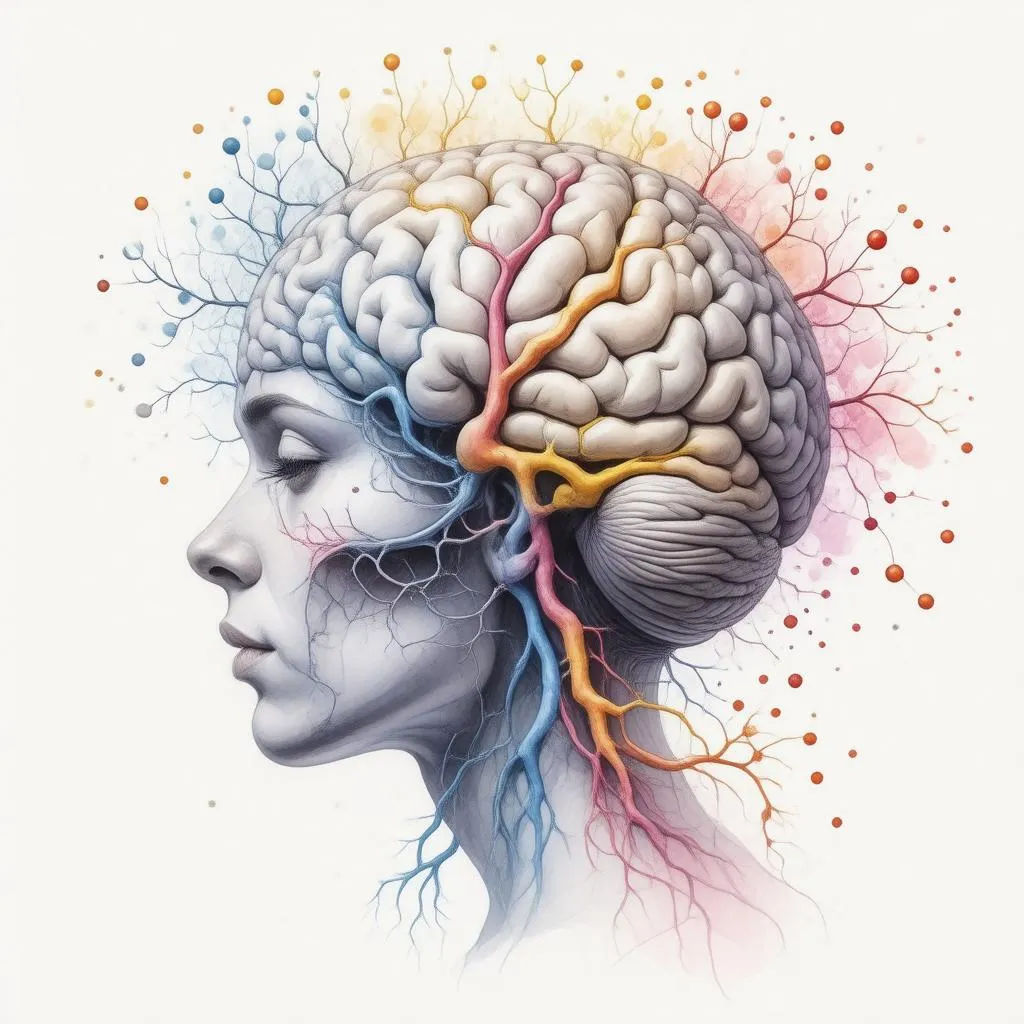Introduction
The human brain is remarkably adaptable, capable of adjusting to new challenges and environments with surprising speed. A recent study highlighted by StudyFinds.org explores how the brain rapidly adapts to change, shedding light on the mechanisms behind cognitive flexibility and resilience. This report summarizes the key findings of the study and their implications for understanding brain function and behavior.
Key Findings
- Rapid Adaptation to Change:
- The study reveals that the brain can quickly rewire itself in response to new situations, a process known as neuroplasticity.
- This adaptability allows individuals to learn new skills, recover from injuries, and adjust to unexpected changes in their environment.
- Role of the Prefrontal Cortex:
- The prefrontal cortex, the brain region responsible for decision-making and problem-solving, plays a critical role in facilitating rapid adaptation.
- This area of the brain helps process new information and adjust behavior accordingly.
- Importance of Cognitive Flexibility:
- Cognitive flexibility—the ability to switch between thinking about different concepts or adapt to new rules—is key to the brain’s adaptability.
- Individuals with higher cognitive flexibility tend to perform better in dynamic and unpredictable environments.
- Impact of Stress and Anxiety:
- While the brain is capable of rapid adaptation, chronic stress and anxiety can impair this process, making it harder to adjust to change.
- Managing stress through mindfulness, exercise, and other strategies can enhance cognitive flexibility.
Implications of the Study
- Learning and Education:
- Understanding how the brain adapts to change can inform teaching methods and learning strategies, particularly in fast-paced or evolving fields.
- Encouraging cognitive flexibility in students can help them thrive in an ever-changing world.
- Mental Health:
- The study highlights the importance of mental health in maintaining cognitive flexibility.
- Interventions that reduce stress and anxiety can improve the brain’s ability to adapt and recover.
- Workplace Adaptability:
- In the workplace, fostering cognitive flexibility can enhance problem-solving, innovation, and resilience among employees.
- Training programs that promote adaptability can help organizations navigate change more effectively.
- Recovery from Injury:
- The findings underscore the brain’s potential for recovery after injury or trauma.
- Rehabilitation programs that leverage neuroplasticity can improve outcomes for individuals recovering from strokes, brain injuries, or other conditions.
Practical Tips for Enhancing Cognitive Flexibility
- Embrace New Experiences:
- Try new activities, learn new skills, or explore unfamiliar environments to challenge your brain.
- Practice Mindfulness:
- Mindfulness meditation can reduce stress and improve focus, enhancing your ability to adapt to change.
- Stay Physically Active:
- Regular exercise has been shown to boost brain health and cognitive flexibility.
- Engage in Problem-Solving:
- Puzzles, games, and other problem-solving activities can strengthen cognitive flexibility.
- Maintain Social Connections:
- Interacting with others and engaging in meaningful conversations can stimulate the brain and promote adaptability.
Conclusion
The study highlighted by StudyFinds.org provides valuable insights into the brain’s remarkable ability to adapt to change. By understanding the mechanisms behind cognitive flexibility and neuroplasticity, we can develop strategies to enhance learning, improve mental health, and foster resilience in the face of challenges. Whether in education, the workplace, or personal life, embracing change and nurturing cognitive flexibility can lead to greater success and well-being.
Prepared by: FR Staff
This report is based on the article published by StudyFinds.org. For more details, refer to the original source.







Leave a Reply